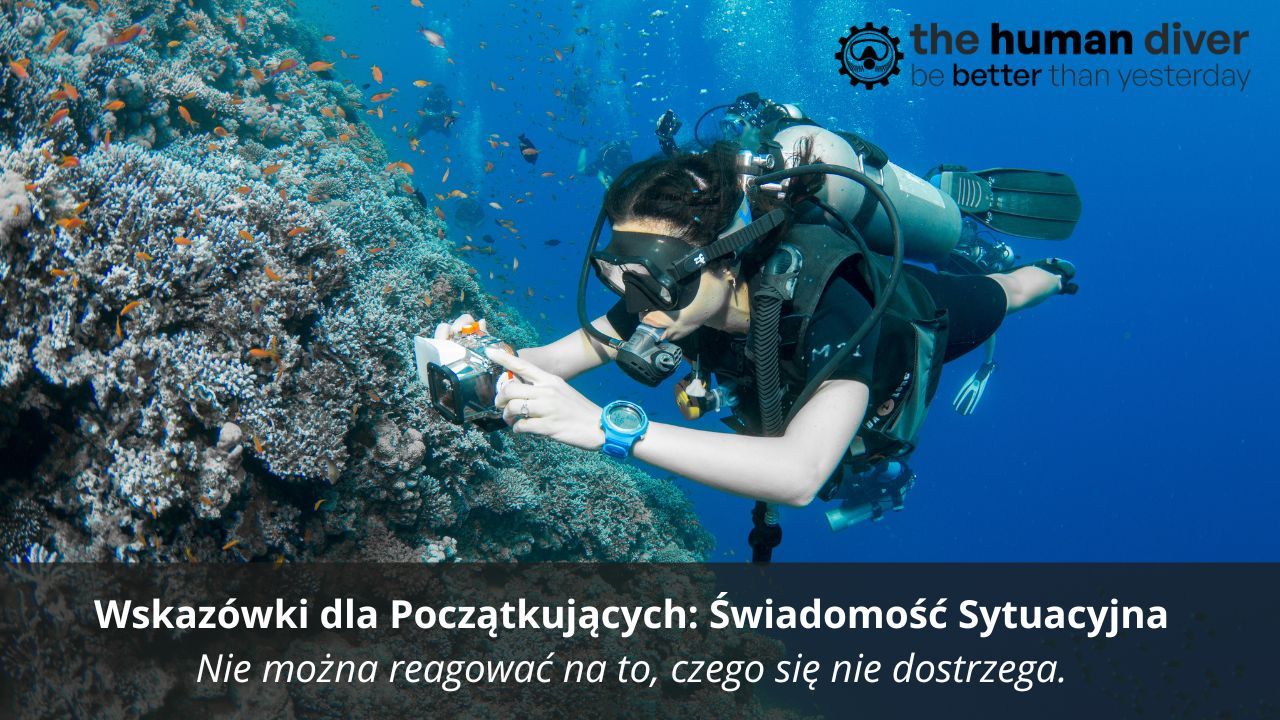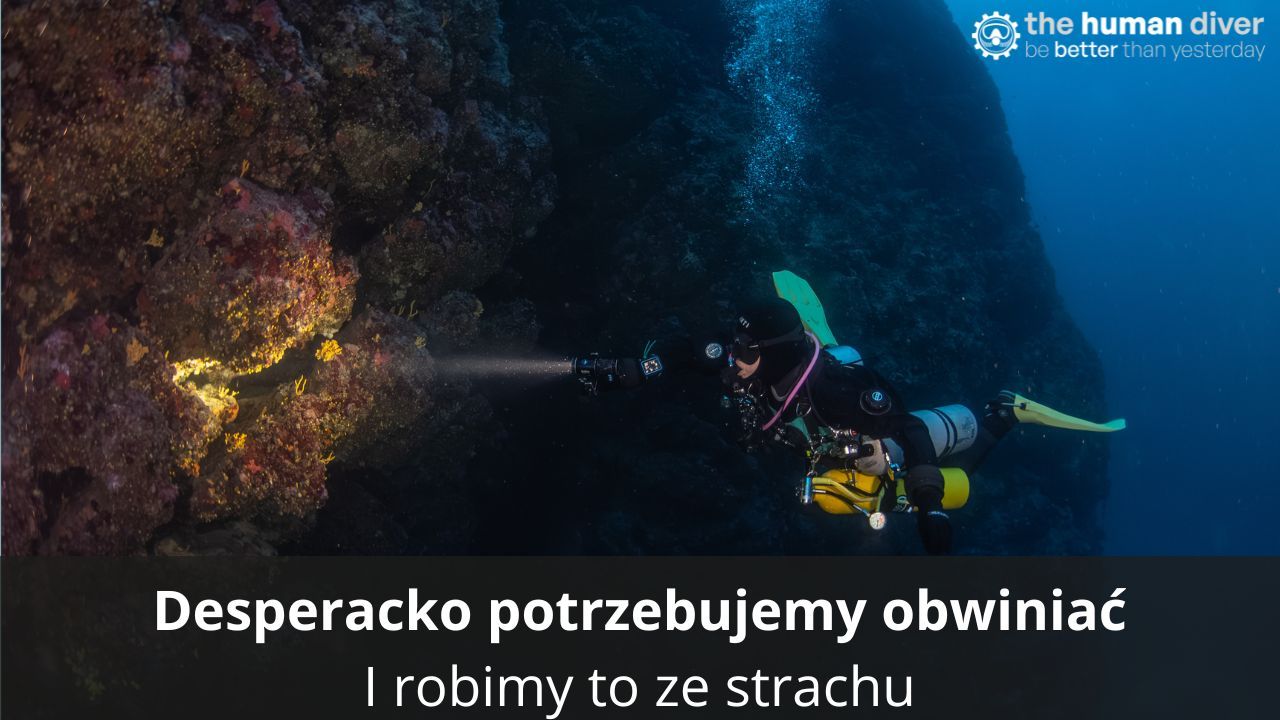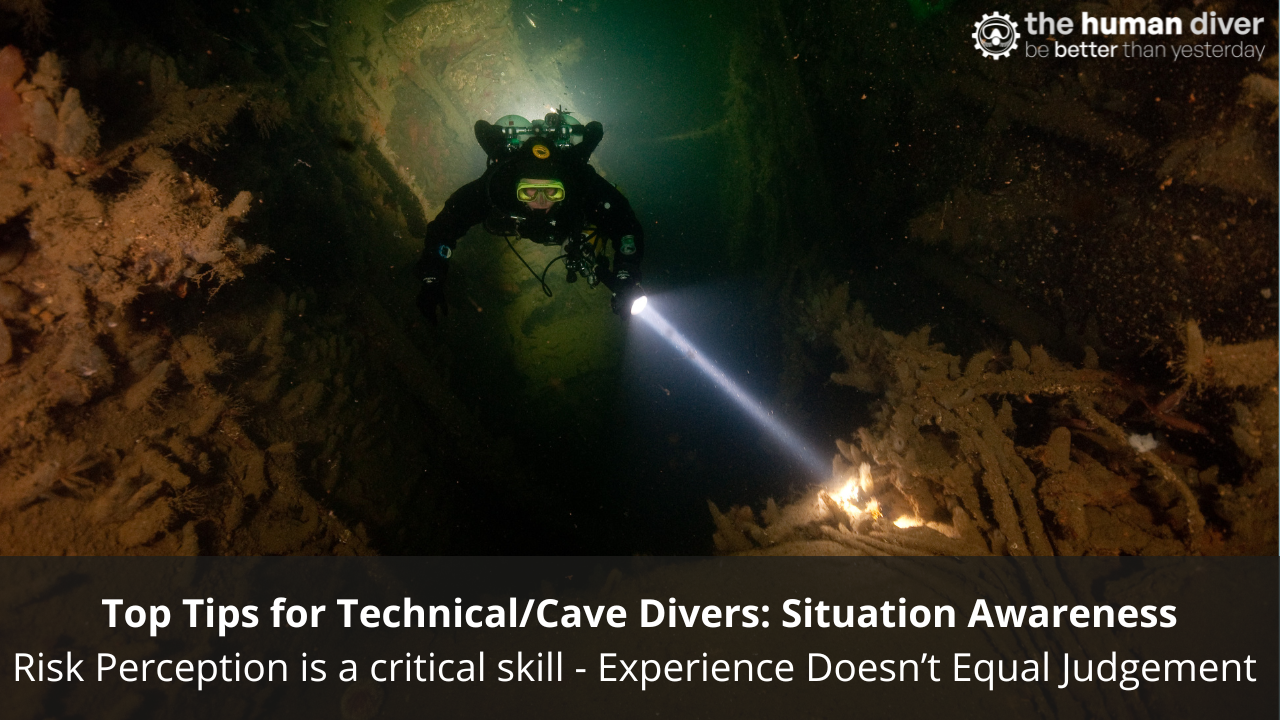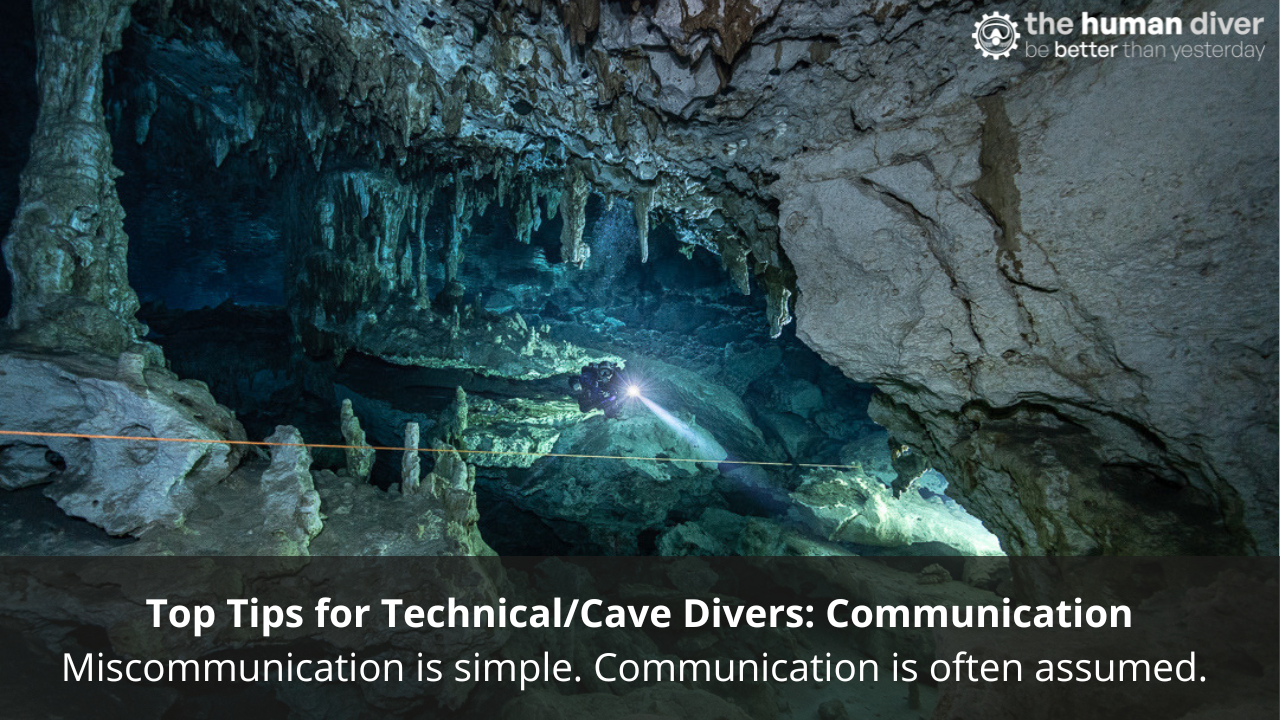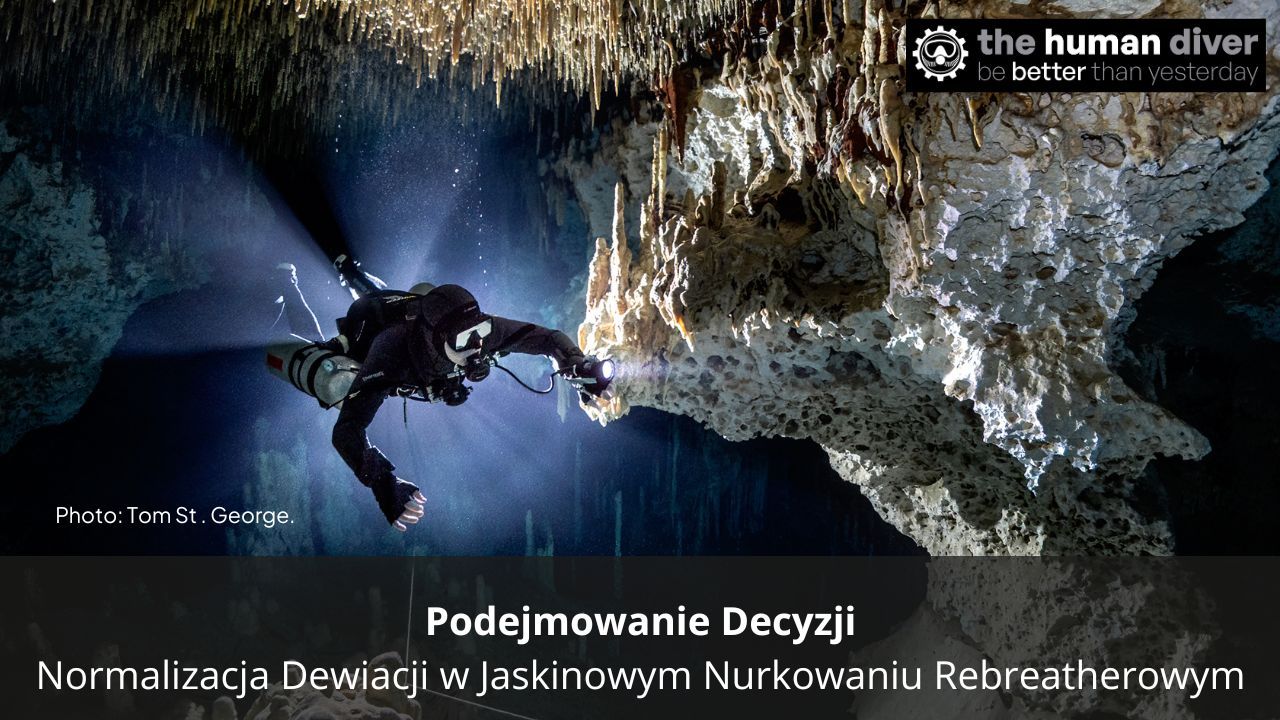
Communications - Ask better questions
Jan 28, 2025
You’ve possibly heard this quote from George Bernard Shaw before. It is a good way to get the idea across that communication is not as effective as we often think it is!
This blog will talk about how we can communicate more effectively by asking better questions. These are helpful during a dive briefing to ensure everyone understands what is going to happen during the dive itself and and are also useful after the dive during a debrief to enable better learning.
There are two generic types of question: ‘closed’ questions and ‘open’ questions. ‘Closed’ questions are those which will result in a 1-word or numerical answer. These can be useful:
- How much gas do you have?
- What is the max depth we will limit ourselves to?
- What is the maximum run time for the first dive?
Other closed questions can be less helpful:
- Do you understand?
- Are there any questions?

The reason these questions aren’t very helpful is because, unless you have high levels of psychological safety, divers are most likely to say ‘yes’ if you ask them if they understand and ‘no’ if you ask them if they have any questions. People behave this way because they don’t want to ask a ‘stupid’ question or they may, in the past, have witnessed others get chewed out for asking similar questions. Note that this behaviour applies to all levels of diver, not just novices, nobody likes looking stupid. A better way to find out if someone understands is to confirm it by asking them an open question to which they need to provide a more detailed response.
Open questions convey curiosity and are especially useful at the end of the brief to check the team’s understanding. The acronym TEDS is helpful
- Tell me how we’re going to stay together given the poor visibility.
- Explain to me the lost buddy procedure if we do get separated.
- Describe the route we’ll take around the wreck.
- Show me how you’re going to deploy your DSMB.
If you don’t get the answer you expect to an open question then the problem is typically more to do with the way the message was transmitted in the first place rather than the way it was received. If you find you don’t get an appropriate response to an open question, you can use it as an opportunity to encourage psychological safety; apologise for not explaining clearly enough and re-brief or re-emphasise whatever you need to. This demonstrates that you are human and are fallible (which is normal by the way) and will encourage others to ask more questions if they aren’t sure about something. In turn this evolution will improve situation awareness and team performance.
After the dive, a debrief is the best way to reflect on what happened. How to run an effective debrief is a big subject all to itself. What I want to focus on here is why you need to and how to frame an effective question within a debrief.
Firstly the ‘why’. Simply put, effective questions start conversations that enable learning. Poorly framed questions can have the opposite effect and quickly shut conversations down. A debrief is about getting better, quicker, and accelerating the learning by sharing the knowledge around the team rather than keeping it to individuals. Consider a situation where, after a dive, there is something you want to discuss and you don’t feel totally comfortable starting the conversation for fear of upsetting a team mate. This is a normal feeling but there are ways to get things going on a positive note.
Which brings us on to the ‘how’. A key to success when bringing up a potentially awkward conversation is to make it about something rather than someone. When reflecting on a negative outcome there are two simple questions you could ask:
- Why did you do that?
- What caused that?
While both questions are aimed at the same event or outcome, question 1 is about someone and is likely to make that person feel instantly judged and that they have to justify their decisions. It is therefore very likely to provoke an emotionally driven defensive, somewhat negative response. Question 2 is about something and is far less likely to have the same effect. Make the conversation about what caused an outcome rather than who.

Consider a different situation in a debrief where you, as the leader, have recounted a situation that you want to talk about and the associated decisions and outcome. After recounting the situation to your team, there are two follow up questions you can ask them:
- Would you have done anything differently?
- What would you have done differently?
As above, both questions are aimed at eliciting the same response: you want your team to provide their thoughts. However, the question 1 is a closed question and, unless you have good levels of psychological safety, it is more likely than the second question to have the answer ‘no’. If you ask question 2 though then, although it is only a subtle change in wording, it implies that you believe there are other, potentially better ways to solve a problem that you want to know about and discuss. Question 2 is far more empowering and much more likely to encourage the sharing of more ideas from the team which in turn is better for learning and improvement.
Summary
Communication is not as simple as we think it is and if we start a conversation by asking the wrong question or asking it in the wrong way, it can be much harder to get things back on track. Closed questions can be useful, especially for getting numerical value answers but if you need to make sure the message has got across, especially during a brief, an open question (tell me, explain to me, describe to me, show me) is a much better way to make sure.
After a dive, when you want to learn about something that happened, make the subject of your question something, not someone. If you want alternative ideas from your team, Ask open, inquisitive questions that imply you don’t have all the answers and want to know more.
It’s not what you say, it is how you say it.
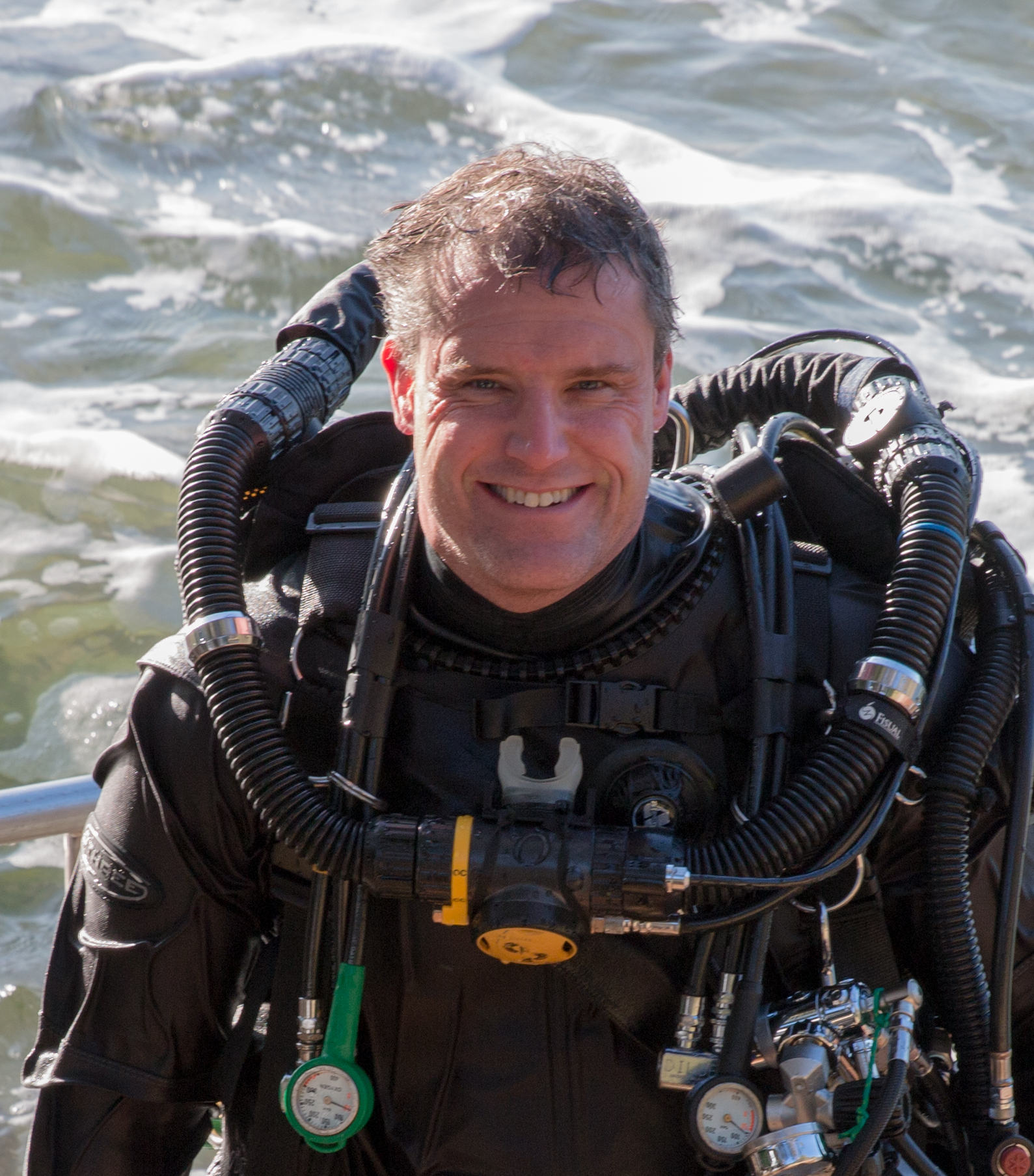
Mike Mason is part of the Human Diver Team, who’s mission is to educate and develop divers, instructors and related teams to be high-performing. If you'd like to deepen your diving experience, consider taking the online introduction course which will change your attitude towards diving and make it better and safer. If you’d like to know more, visit the website.
Want to learn more about this article or have questions? Contact us.




